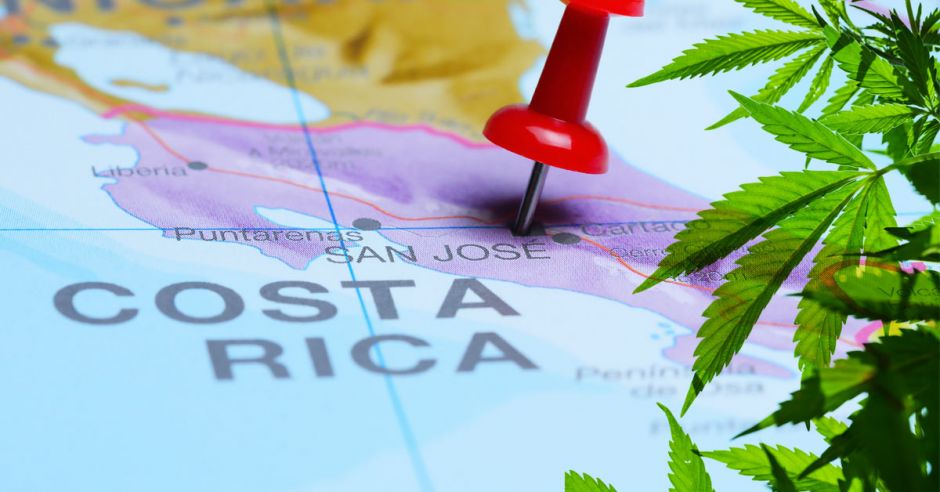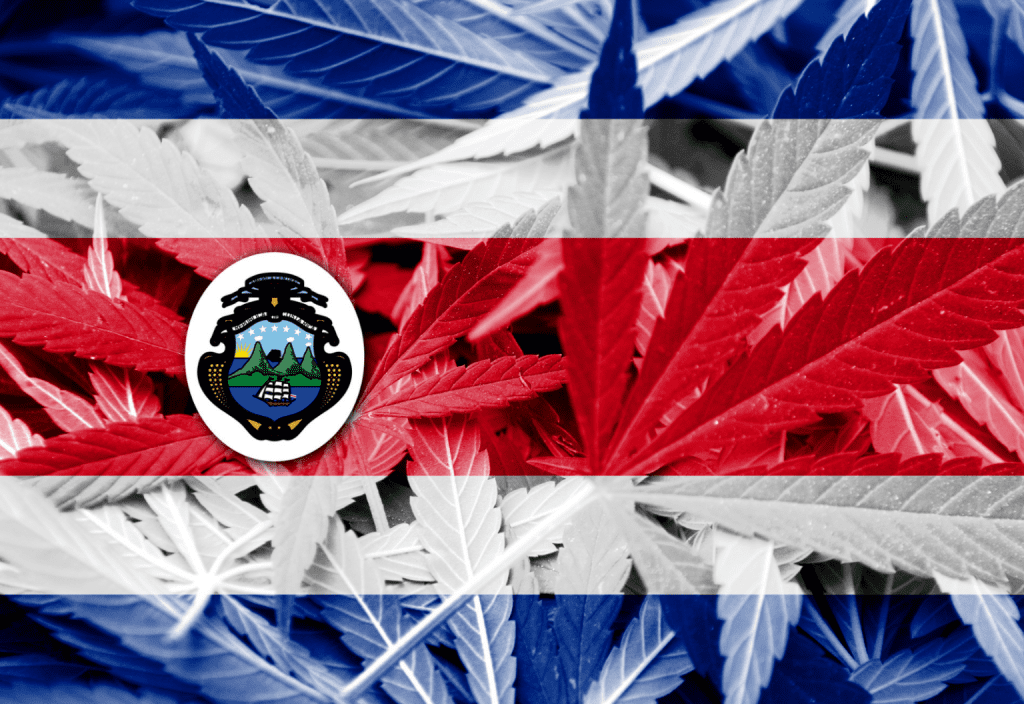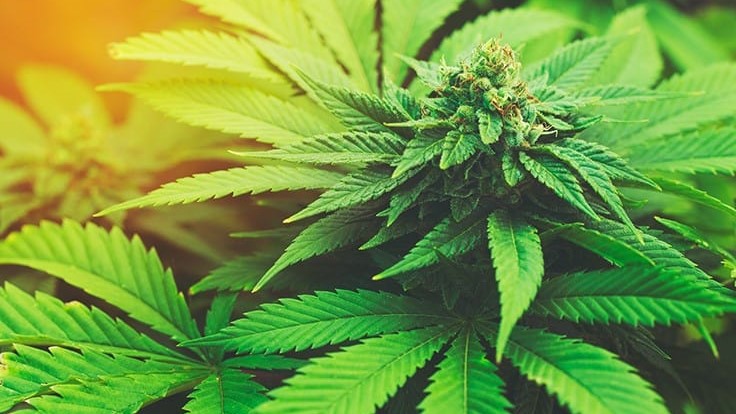Just hours after the National Assembly approved a bill legalizing medical marijuana and hemp, Costa Rica President Carlos Alvarado signed the bill into law. He called it a “great benefit for the country.”
Cannabis legalisation and its large-scale production have found their way into congress thanks to the initiative and the efforts of independent congresswoman Zoila Maria Volio, who is also an agricultural engineer. Zolia, supported by the National Institute for Innovation in Agricultural Technology, successfully brought the debate to the floor in order to improve the quality of life of patients who need cannabis products and to bring forth growing regulations that benefit agricultural co-ops.
Production and cultivation licenses for medical and therapeutic purposes will be issued by the authorities and will entitle the holder to freely grow, produce, and sell non-psychoactive cannabis and its derived products.
Hemp production was welcome by the agricultural and business sectors as a way to help farmers and take advantage of the growing international market for the non-psychoactive cousin to marijuana.
The global market for hemp-based products is estimated at almost US$2 billion, with a growth of 57% in the 2016-2020 period, while if medical cannabis is included it would amount to much more. Even investors from the United States, Canada and Germany are watching the progress of cannabis research in Costa Rica.
“What matters the most is that this measure will improve the quality of life of patients with cancer, immune disorders, epilepsy, and Alzheimer’s, among others,”
Under the proposed law, hemp is defined as cannabis with THC content of less than 1%. The bill differentiates between therapeutic (uso terapéutico) and medical (uso médico) products. This is interesting, as the terms cannabis terapéutico and cannabis medicinal are sometimes used interchangeably. As defined by the bill, however, therapeutic use is that for which medical supervision or authorization is not required, while medical use does require medical supervision. Despite this distinction, the terms are used in tandem throughout the bill, except in Article 13.2, which provides for licensed artisanal production of therapeutic use products only.
The bill does not establish any licensing requirements for hemp cultivation, beyond what is required for general agricultural activity. As for medical cannabis, growers must obtain a license from the Ministry of Agriculture and Livestock. For their part, those seeking to produce finished products will need to obtain a license from the Ministry of Health. Licensing of foreign parties is not addressed in the bill. Given discussion surrounding the proposed law, as well as the general openness of Costa Rica’s economy, this omission is likely indicative of an intent to allow foreign participation in the nascent cannabis industry.
According to the bill’s provisions, qualification as a medical cannabis patient is to be determined by the person’s doctors. Patients will be authorized to grow their own cannabis.
The new law would establish a 1% tax on medical cannabis (but not hemp) transactions. If the bill becomes law, the executive branch will have six months to issue regulations.
Overall, the bill appears to strike a good balance between the government’s desire for budgetary gains from cannabis legalization and giving the industry room to grow as it sees fit. The reduced regulatory burdens on hemp are to be applauded as well as a sensible adjustment.








